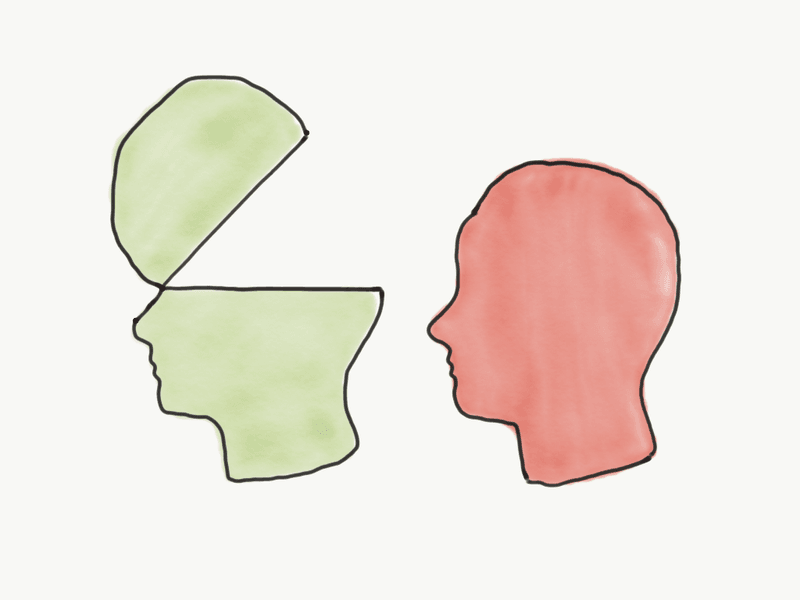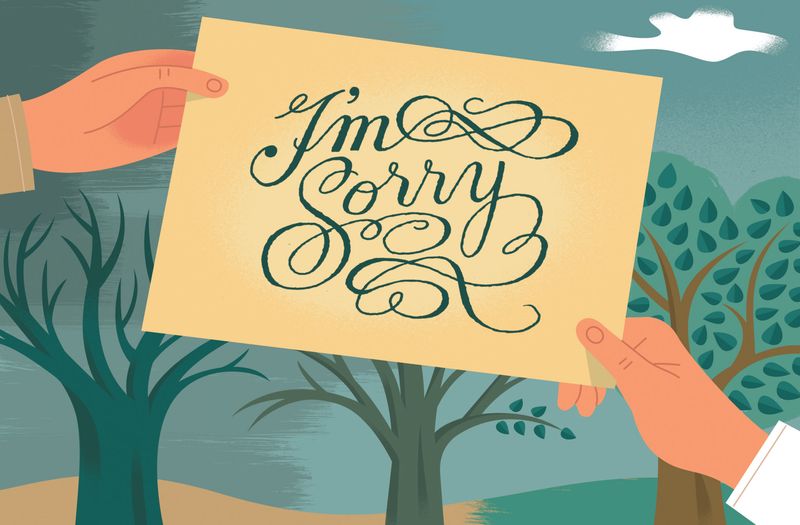Self-awareness is the cornerstone of personal growth and effective communication. It allows individuals to comprehend their emotions, actions, and thoughts, fostering a deeper connection with themselves and others.
In this blog post, we delve into 15 signs that indicate you possess a higher level of self-awareness than most people. Each sign reflects a unique aspect of understanding one’s inner world and navigating life’s complexities with grace.
Whether it’s recognizing your tone before others do or owning your triggers without blaming, these signs highlight the essence of being in tune with oneself. Let’s explore these intriguing markers of heightened self-awareness.
1. You notice your tone before others point it out
Being attuned to your own tone before anyone else notices is a subtle yet powerful sign of self-awareness. This ability reflects a deep connection with your emotions and expressions, allowing you to adjust your communication style in real-time.
By acknowledging your tone, you’re not just considering your words but also the emotional impact they have. This awareness helps in building stronger relationships and ensures that your messages are received as intended.
2. You recognize patterns in your choices
Spotting patterns in your choices requires a keen sense of introspection and analysis. This sign of self-awareness enables you to understand recurring themes in your life, be it in relationships, career, or personal habits.
Such insights empower you to make informed decisions, breaking unhelpful cycles and embracing growth. By understanding the ‘why’ behind your choices, you pave the way for meaningful changes and personal development.
3. You’re not afraid to change your mind
Embracing the ability to change your mind is a hallmark of self-awareness. This flexibility signifies a willingness to evolve and adapt, free from the constraints of stubbornness.
Imagine participating in a lively debate, armed with strong opinions. Yet, you listen, absorb new information, and find yourself swayed by compelling arguments. Instead of resisting, you gracefully shift your stance.
This openness not only enriches your perspective but also encourages growth and learning. It reflects a mature understanding that change is a constant, and adapting to new insights is not a weakness but a strength.
4. You listen more than you speak
Listening more than speaking is a profound act of self-awareness. It demonstrates an understanding of the value of others’ perspectives and a readiness to learn from them.
By prioritizing listening, you honor the experiences of others, creating a space for thoughtful dialogue. This practice enhances trust and strengthens your relationships, as people feel truly heard and valued in your presence.
5. You reflect after every conflict
Reflecting after conflicts is a crucial aspect of self-awareness. It involves analyzing your role in the situation, understanding emotions, and seeking growth from the experience.
By examining conflicts thoughtfully, you pave the way for healthier interactions in the future. This practice not only resolves tensions but also strengthens your resilience and emotional intelligence.
6. You take feedback—even when it stings
Accepting feedback, especially when it’s not easy to hear, is a sign of profound self-awareness. It reflects your readiness to grow and improve, even when the truth is uncomfortable.
Consider a moment during a performance review where constructive criticism is given. Instead of defensiveness, you embrace the insights and commit to making positive changes.
This willingness to accept feedback indicates maturity and a genuine desire to better yourself. It strengthens your ability to learn and adapt, turning challenges into opportunities for growth.
7. You know when to pause
Recognizing when to pause is a profound aspect of self-awareness. It involves understanding your limits and the need for moments of introspection and rest.
This practice of pausing nurtures balance and mindfulness, helping you navigate life with clarity and purpose. It enhances your well-being by preventing burnout and fostering a grounded approach to challenges.
8. You catch your biases in real time
Being aware of your biases as they arise is a clear indication of self-awareness. This recognition allows you to approach situations with fairness and an open mind.
Acknowledging biases in real time fosters inclusivity and broadens your understanding. It paves the way for more balanced and informed decisions in both personal and professional spheres.
9. You acknowledge when you’re not okay
Admitting when you’re not okay is a courageous act of self-awareness. It reflects an honest connection with your emotions and the willingness to seek support.
By accepting your emotional state, you honor your truth and allow for healing. It encourages a healthier relationship with yourself and others, promoting authentic interactions.
10. You own your triggers without blaming
Owning your triggers without blaming others is a significant sign of self-awareness. It highlights your capacity to take responsibility for your reactions and emotions.
This proactive approach enhances emotional intelligence and fosters healthier relationships. By taking ownership, you break the cycle of blame and embrace personal growth.
11. You check your motives often
Regularly examining your motives is a profound act of self-awareness. It involves questioning the ‘why’ behind your actions and ensuring they align with your values.
By understanding your motives, you navigate life with intention and purpose. This practice cultivates trust and respect, both within yourself and from others.
12. You can admit when you’re wrong
Acknowledging mistakes is a vital aspect of self-awareness. It reflects maturity and the willingness to learn from errors without ego.
This humility fosters an environment of trust and collaboration. By embracing your fallibility, you pave the way for continuous learning and improvement.
13. You make space for nuance
Embracing nuance is a powerful sign of self-awareness. It involves understanding that life is complex, and rarely black and white.
By making space for nuance, you foster a culture of openness and curiosity. This attitude enhances your relationships and decision-making processes, accommodating diverse viewpoints.
14. You track your energy, not just your time
Focusing on energy rather than just time is a unique aspect of self-awareness. It involves understanding how your energy flows and using it efficiently.
By tracking your energy, you work smarter, not harder, ensuring that your efforts align with your natural rhythms. This approach enhances both your personal and professional life.
15. You apologize with understanding—not just words
Apologizing with genuine understanding is a profound act of self-awareness. It involves acknowledging not just the action but the impact it had on others.
This sincerity strengthens bonds and fosters healing. An apology rooted in understanding goes beyond words, demonstrating a deep connection with both your emotions and those of others.
















